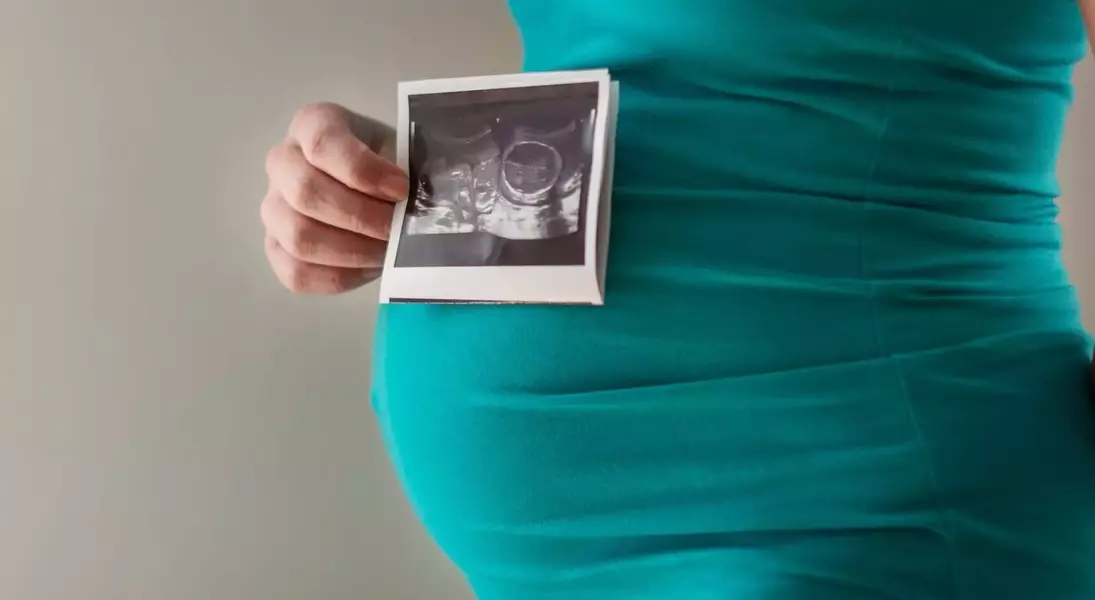
Elevating Maternal Care Through Innovation and Equity
Empowering Participating Regions with Resources
In a strategic move to bolster maternal health services, CMS has designated 14 states and the District of Columbia as key participants in this transformative program. Each region will receive substantial funding—up to $17 million over a decade—to facilitate the hiring of new personnel, forge essential partnerships, and implement innovative healthcare solutions. The financial support is designed to empower these areas to address critical gaps in maternal care and foster sustainable improvements in health infrastructure.
This initiative underscores the importance of expanding access to specialized professionals such as midwives, doulas, and perinatal community health workers. By integrating these experts into the healthcare system, the program aims to provide more personalized and culturally sensitive care. Additionally, hospitals will be incentivized to achieve the prestigious “Birthing-friendly” designation from CMS, thereby enhancing the quality of care and patient satisfaction.
Enhancing Data Collection and Technology Integration
A cornerstone of this initiative is the modernization of data collection methods through advanced electronic health records (EHRs). Improved EHR systems will enable healthcare providers to gather more accurate and comprehensive data, leading to better-informed decisions and enhanced patient outcomes. The integration of technology not only streamlines processes but also ensures that critical health information is readily accessible, facilitating timely interventions and coordinated care.
Data-driven insights will play a pivotal role in identifying trends and addressing specific challenges within maternal health. By leveraging robust data analytics, healthcare professionals can develop targeted strategies to tackle issues like perinatal depression, anxiety, and substance use disorders. This approach promises to significantly improve mental health support for mothers and ensure that they receive the necessary resources and interventions.
Promoting Health Equity and Extended Postpartum Coverage
The initiative places a strong emphasis on health equity, recognizing the disparities that exist within maternal healthcare. One of the key objectives is to extend Medicaid and CHIP postpartum coverage to 12 months, ensuring continuous support for new mothers. This extended coverage addresses the critical period following childbirth when women are particularly vulnerable to complications and require ongoing medical attention.
To further promote equity, the program encourages collaboration with rural health centers, where access to specialized care may be limited. By fostering these partnerships, the initiative seeks to bridge the gap between urban and rural healthcare services, ensuring that all mothers have equal opportunities to receive high-quality care. Screening for health-related social needs, such as housing, transportation, and food security, will also be a priority, allowing for referrals to community-based services that can provide vital support.
Addressing Chronic Conditions and Perinatal Health
The initiative acknowledges the importance of managing chronic conditions during pregnancy, including gestational diabetes and hypertension. These conditions pose significant risks to both mother and child, necessitating specialized care and monitoring. The program will allocate resources to provide additional support for women with these conditions, ensuring they receive the necessary interventions to safeguard their health and well-being.
By focusing on early detection and intervention, the initiative aims to mitigate the long-term effects of these conditions and improve birth outcomes. Comprehensive screening for perinatal depression and anxiety will also be a crucial component, as mental health plays a vital role in overall maternal health. Providing timely support for mental health concerns can lead to better coping mechanisms and improved quality of life for new mothers.
